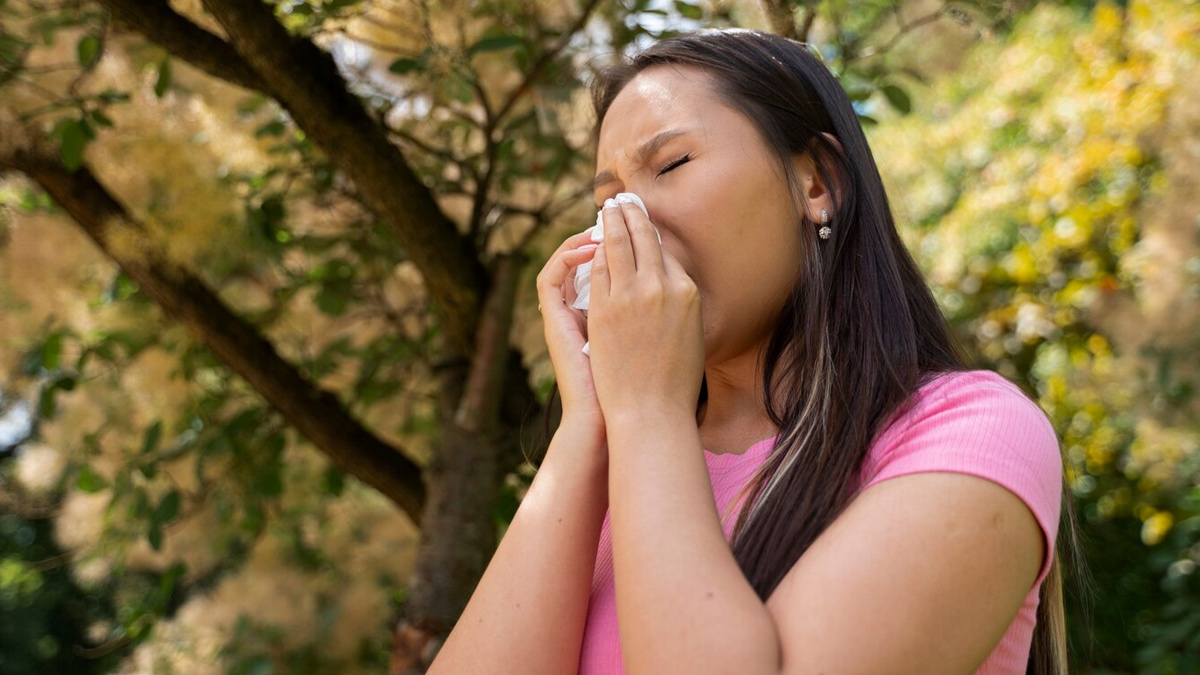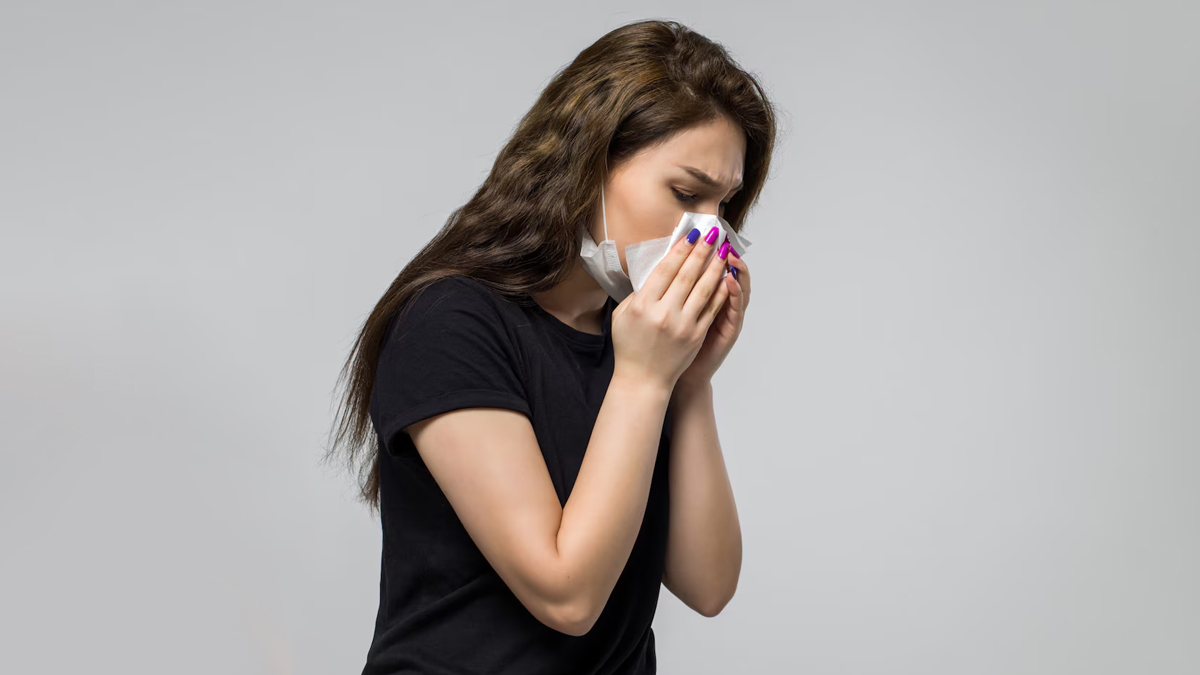-1754650393447.webp)
If you experience wheezing, breathlessness, or persistent coughing spells, especially after being around dust, pets, or pollen, you could be dealing with more than just allergies. These symptoms may point to allergic asthma, the most common form of asthma that occurs when your immune system overreacts to certain allergens. While it often begins in childhood, many adults develop it later in life too. Understanding the triggers, symptoms, and treatment options is key to managing the condition effectively. Here's what you need to know.
Table of Content:-
Also Read: Monsoon Triggers: Natural & Homoeopathic Remedies for Asthma
What Is Allergic Asthma?

Dr Vikas Mittal, Pulmonologist, Director, Wellness Home Clinic and Sleep Centre, Paschim Vihar, and Director, Department of Respiratory Medicine, C K Birla Hospital, Punjabi Bagh, describes allergic asthma as a type of asthma triggered by various allergens. "It is the most common form of asthma and often begins in childhood, though adults can develop it as well.
According to the World Health Organization (WHO), asthma affected an estimated 26.2 crore people in 2019 and caused 4.55 lakh deaths. The global health body suggests that asthma is more likely to occur in people who have other allergic conditions, such as eczema and rhinitis.
Dr Mittal explains, "When someone with allergic asthma inhales an allergen like pollen, dust mites, or pet dander, their immune system overreacts, leading to inflammation and narrowing of the airways." This causes symptoms such as wheezing, coughing, chest tightness, and shortness of breath.
How Is It Different From Non-Allergic Asthma?

Although allergic and non-allergic asthma share similar respiratory symptoms, they differ in what triggers them. “Allergic asthma is specifically triggered by allergens, whereas non-allergic asthma can be brought on by factors such as cold air, exercise, respiratory infections, or stress,” Dr Mittal elaborates, adding that people with allergic asthma typically also have other allergic conditions like hay fever, eczema, or food allergies.
This overlap points to a hyper-reactive immune system that tends to respond excessively to otherwise harmless substances.
Also Read: What Is Biologics, The New Era in Treating Severe Asthma
Common Allergens That Trigger Asthma
Some of the most common allergens responsible for allergic asthma include:
- Pollen: Often seasonal, from trees, grasses, and weeds
- Dust mites: Microscopic bugs found in household dust
- Pet dander: Skin flakes, saliva, or urine from furry animals
- Mould spores: Especially in damp, poorly ventilated areas
- Cockroach droppings: A lesser-known but significant indoor trigger
Other possible triggers include food allergens like nuts or shellfish and environmental irritants like tobacco smoke and air pollution. Poor indoor air quality is especially problematic and can lead to persistent, year-round symptoms.
Can Allergic Asthma Begin In Adulthood?

Allergic asthma can suddenly appear in adulthood, even in people who have never had allergies or breathing issues before. According to Dr Mittal, adult-onset allergic asthma may occur due to a change in environment, immune system behaviour, or increased exposure to allergens over time. Often, adult patients misinterpret symptoms as a chronic cough or bronchitis before receiving a proper diagnosis.
How Is Allergic Asthma Diagnosed?
Diagnosis usually includes a detailed medical history, a physical exam, and lung function tests such as spirometry to assess breathing capacity. Allergy testing, via skin prick or blood tests, can identify the specific allergens triggering symptoms.
In some cases, a methacholine challenge test may be conducted. This test uses a known irritant to see how reactive the airways are, helping confirm a diagnosis when other tests are inconclusive.
Treatment And Management Options
Managing allergic asthma involves a multi-pronged approach that combines medications, lifestyle adjustments, and allergen control.
Medications commonly used include:
- Inhaled corticosteroids: To reduce airway inflammation
- Bronchodilators: To relieve acute symptoms and open airways
- Antihistamines and leukotriene receptor antagonists: To manage allergy-related symptoms
- For long-term relief, allergen immunotherapy (allergy shots) may be recommended. These help desensitise the immune system to specific allergens over time.
- Lifestyle changes like avoiding known triggers, using air purifiers, and improving indoor ventilation also go a long way in preventing flare-ups.
Conclusion
Allergic asthma is a manageable condition, but it requires awareness and consistent care. Identifying your triggers, adhering to prescribed treatment, and making simple environmental changes can drastically improve quality of life. If you suspect your symptoms may be related to allergic asthma, consult a pulmonologist for an accurate diagnosis and tailored treatment plan.
Also watch this video
How we keep this article up to date:
We work with experts and keep a close eye on the latest in health and wellness. Whenever there is a new research or helpful information, we update our articles with accurate and useful advice.
Current Version
